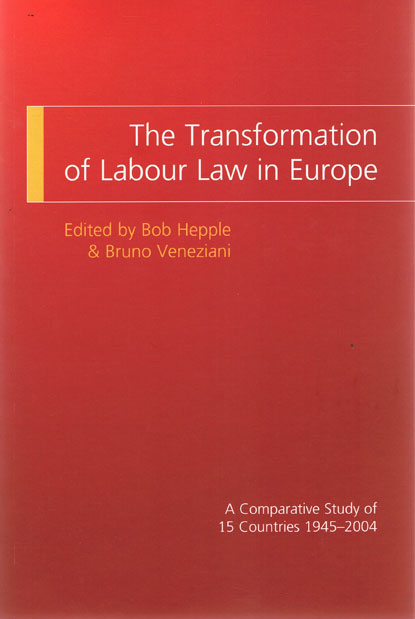
The labour laws of European democracies all underwent major transformations in the seven decades after the Second World War. Following reconstruction these laws became an essential element in the building of welfare states; in the 1980s and 1990s they were the target of neo-liberal deregulation; and at the beginning of the 21st century new 'flexible' labour laws have attempted to integrate economic and social policy. This book, a sequel to 'The Making of Labour Law in Europe- A Comparative Study of Nine Countries up to 1945' (ed. B Hepple), compares the similarities and differences in the ways in which EU Member States reflected and shaped these general developments, in the context of economic, social and political changes over the period 1945-2004.
Note: the Publishers are issuing a reprint of the first volume, 'The Making of Labour Law in Europe - A Comparative Study of Nine Countries up to 1945' to coincide with publication of the sequel.